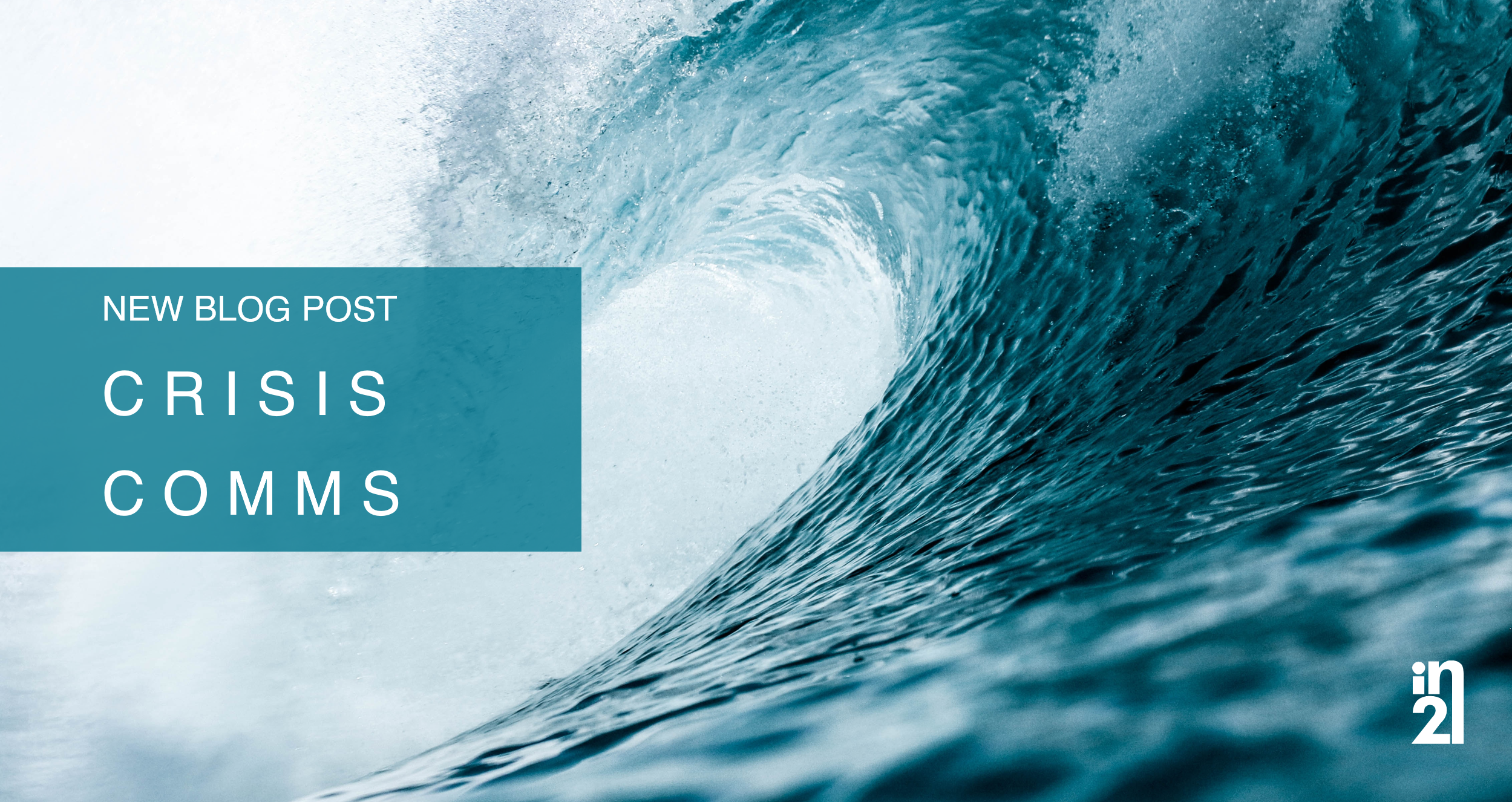Can your company respond to a crisis in 15 minutes with a digital-proofed plan?
In a world that is digitally connected 24/7, it is essential to be ready to react and respond immediately to a crisis. News of a serious crisis or incident can spread in a matter of minutes in today’s online landscape, so acting quickly is imperative.
When a crisis arises, there is a small window of opportunity to not only protect the reputation of your brand but also demonstrate your professionalism, competence, empathy and your ability to problem solve. Incidents and accidents happen, but it is how we react to them that is crucial to maintaining trust.
Today’s digital landscape of social media platforms and instant user-generated content has made reputation management a delicate art. Gone are the days where people waited for the CEO’s press conference to learn what was going on. Now, companies need to be able to respond to a crisis within the first 15 minutes it hits, with the right message and holding statement, even when all facts are not yet available.
Here are few tips to ensure you and your team are prepared to address a crisis during the first minutes you hear about it.
- Are your social-centric protocols in place?
It is not uncommon to find out that some companies’ manuals have not been updated and adapted with social media guidelines and protocols. Today’s crisis plans must include policies and practices to clearly help to navigate an incident online.
Think about the most recent crises hitting companies; where did you hear about them first? Most probably through social media. Traditional media plays an important role, but during the first hours of the incident, companies would need to manage the crisis online, and social-centric protocols must be in place. Your team must use your company’s social channels to define and drive your crisis narrative and communicate early and often.
Take a look at your crisis plan, is it time to revamp your protocols and guidelines?
- Twitter doesn’t wait… prepare holding statements in advance.
What are the most frequent or possible incidents taking place in your organisation? What are the worst potential crises? As speed is essential, it is important to include in your manual a series of first response or holding statements ready to go, based on the nature of your business. Anticipate every possible scenario! Social media statements must be ready as well, including the assets or visuals you may use while posting the information on social media.
All the first response statements must be already pre-approved by your CEO and endorsed by your legal team.
Old printed manuals are redundant. Digital versions must be accessible to all members of the crisis team 24/7, from anywhere. They say “crisis happens in the most unexpected moments”, and you must be prepared for them happening during the weekend, while you are on a plane or enjoying a family vacation.
Another critical aspect is your website. Is there a proper process in place in case of a major crisis? In which section will you post press statements? Is a dark site required? What visuals and logos should be used.
- Plan. Prepare. Practice. Repeat.
Your crisis plan is ready, but has it been tested? Is every member of your executive and crisis team aware of what is required from them and by when? Is everyone aware of their respective roles and responsibilities? Do you have contingency plans, for example, who will step in if the CEO is unreachable or the social media manager is travelling? Is your CEO trained to provide video statements?
Practice makes perfect, and it’s worth investing time in role play scenarios and testing situations. Planning ahead and anticipating potential crises is key to ensure everyone feels more comfortable in their roles.
Empathy and genuine concern
Digital tools may have changed the way crisis communications is handled, but I believe the principles stay the same.
Honest, genuine and authentic communication remains the best policy. Empathy, concern, care, compassion and putting people first should always be at the core of any crisis.
At In2, we developed tried and tested crisis communications solutions to ensure you are ready to navigate a crisis. From developing or enhancing crisis plans and processes, to providing media training and organising tabletop crisis simulation exercises that put your protocols to test, we have a complete set of tools to support you.
By Laura Perez, General Manager PR, In2 Consulting.




